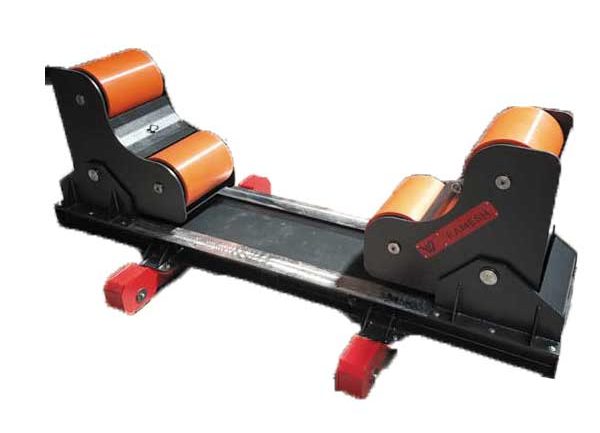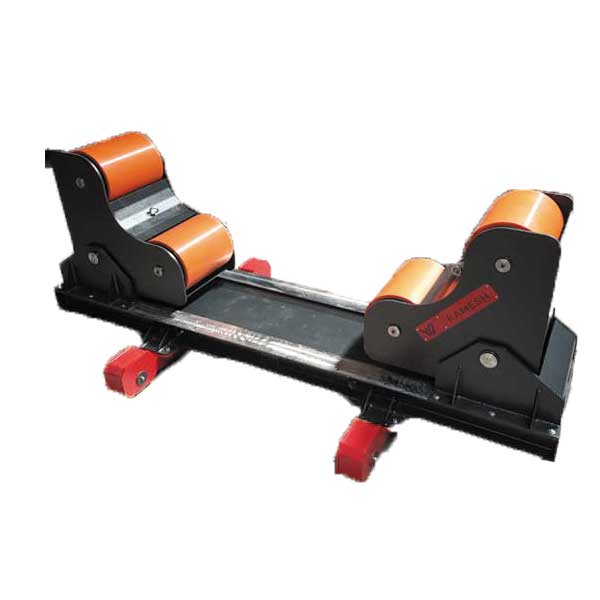Top Quality Welding Turning Rolls
Welding turning rolls are designed to simplify the welding of cylindrical workpieces, such as tanks, pipes, and drums. By securely holding and rotating the material, these machines allow for smooth and continuous welding, reducing operator fatigue and ensuring consistent quality across the entire circumference. Their robust design enables them to handle even the heaviest components, making them indispensable in industrial welding applications.

WHY CHOOSE OUR Welding turning rolls?
Please take a look below the reasons why you should choose us and our welding turning rolls.

Welding Turning Rolls
In heavy industries like shipbuilding, oil and gas, and construction, welding turning rolls play a crucial role in handling large cylindrical workpieces. These machines rotate the workpiece at controlled speeds, allowing operators to focus on creating high-quality welds without constantly adjusting the material’s position manually. This results in better efficiency and reduced production times.
Modern welding turning rolls are equipped with advanced features, such as remote control operation and synchronized movement with automated welding systems. This versatility makes them suitable for a wide range of applications, from manual welding setups to fully automated fabrication lines. Their durability and adaptability ensure long-term value in demanding industrial environments.
Most Popular Questions for Welding Turning Rolls
Please check our most popular questions for our welding turning rolls that we manufacture, to find answer easily. If you have any further questions, please inform us to get fast and correct answer.
Welding turning rolls are designed to handle a variety of cylindrical workpieces, including metal pipes, tanks, and drums, regardless of size or weight.
Yes, many turning rolls can be integrated with automated welding systems, enabling synchronized operation for enhanced efficiency and precision.
Selecting the right welding turning rolls depends on factors like the size, weight, and material of the workpiece, as well as the type of welding process you intend to use. Consulting with a specialist can help determine the best fit for your needs.